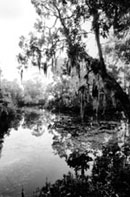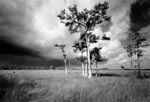 Field Trips / IDS 3920 / Spring 2004
Field Trips / IDS 3920 / Spring 2004
Somewhere,
Florida's soul exists, solemnly beautiful, and there
is no need to exaggerate there, no
need to invent or
elaborate upon her ephemeral beauties, beauties that fall
like blessings on those who care for and love her."
~From Essay by Joy Williams, "Florida"
 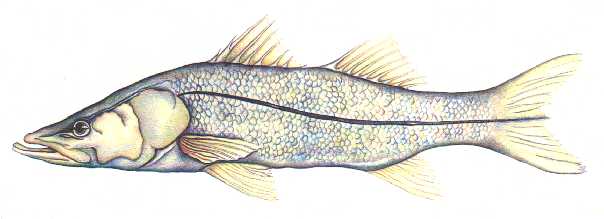   
Dear
Colloquium Student,
Estuaries,
tidal wetlands, shallow coastal seas, high rise condominiums, barrier
islands, shopping malls, cypress sloughs, urban sprawl, citrus groves,
palmetto-pine flatwoods...welcome to FGCU's "big backyard"!
We'll
be visiting places such as these as we immerse ourselves in the natural
and human-made communities of Southwest Florida. In this unique
corner of the United States, natural areas sustain more biodiversity
than almost anywhere else on the planet. Unfortunately, because
seven out of ten Florida citizens now live within fifty miles of our
coast, we are taking a heavy toll on these marvelous, interconnected
natural systems.
How
does the health of one system affect the productivity and health of
another system? As students and residents of this coastal community,
what actions can we take to protect and restore these critically important
systems? These are focus questions for the Colloquium to be
taken by all undergraduate students at FGCU . As part of this
course, we will travel to different sites throughout the area to explore
and learn from the natural and human-made rhythms of our "backyard".
By
the end of this course you will have conversed with the locals of
Fort Myers or Naples, hiked a cypress slough, visited a barrier island
city trying to sustain its natural bounty, and witnessed sustainable
agriculture efforts in North Fort Myers. Many more learning
experiences are in store, so lace up those old sneakers; we're in
for a great adventure!
Sincerely,
An
emergency medical and liability agreement form must be completed,
signed and turned in during the first class for safety reasons.
You will not be able to attend field trips
until the forms are returned.
Field
Trip Goals
1. To engage students
in an array of study trips to develop a heightened awareness and understandingof
their environmental components and thereby enhance their "sense of
place."
2. To provide contextual
community based experiences for students that supports their making
meaning from course readings and discussions. Environmental Education.
3. To affirm with students
the values of learning from first hand experiences in diverse environments.Ecological
Literacy.
Objectives
- demonstrate increased
awareness, knowledge, and understanding of the significance and value
of local environmental
components based on interactive experiences in the field at a range
of "environmental
type" locations.
- make appropriate connections
from readings, course assignments, and Colloquium community field
trips.
- demonstrate a heightened
"sense of place" in their unique environment as a result of their
fieldexperiences through expression of increased sensitivity, emotional
connections, and physical interactions
in their journals and writing assignments.
- demonstrate understanding
of ecological, economic, social, political-policy, health and
recreational connections
of study trip experiences.
-
be more
motivated to initiate their own field experiences in their community
that will continue to develop their "sense of place" as a result
of the stimulus and confidence gained in Colloquium experiences.
"Sense
of Place" Trips:
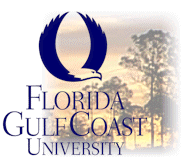 (link to Campus Ecosystem Website)
(link to Campus Ecosystem Website)
On Campus: Our Own Backyard

National Audubon Society's Corkscrew Swamp Sanctuary: The Water Cycle

Educational Concerns
for Hunger Organization (ECHO): Sustainable Agriculture
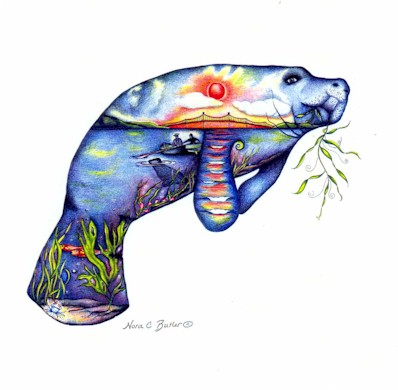
Estero Bay: A Question of Sustainability
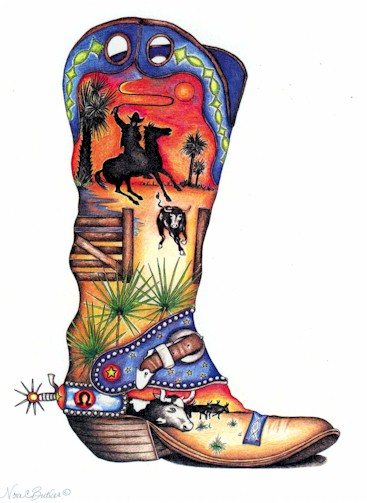
Downtown Fort Myers or Naples: Urban Sustainability
Home Syllabus Syllabus Introduction Introduction Required
Texts Required
Texts Field
Trips Field
Trips Journal
Writing Journal
Writing Final
Project Final
Project
Writing
Papers Weblinks
Weblinks Floridiana Floridiana Rubrics
Rubrics
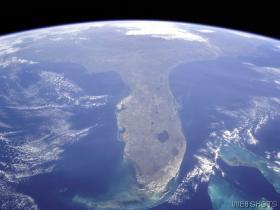
 Florida
Gulf Coast University
Official Website 2003 Florida
Gulf Coast University
Official Website 2003
|

